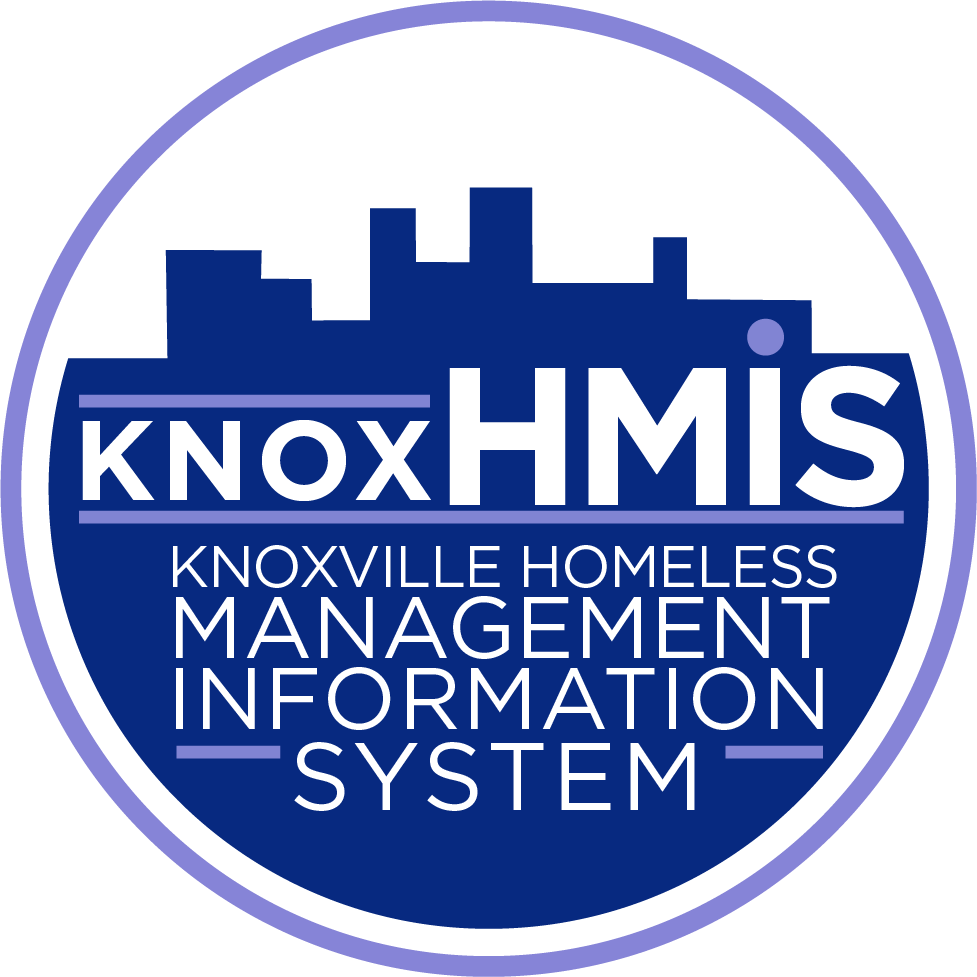Knoxville/Knox County Homeless Management Information System (KnoxHMIS)
KnoxHMIS is an empirical window into homelessness, providing data collection systems, outcomes analysis, and technical assistance to inform policy and program development for the benefit of persons experiencing homelessness in Knoxville and Knox County.
Technical Assistance
- Trains roughly 140 service providers on HMIS system use
- Supports system-level planning through leadership in local Continuum of Care
- Offers guidance on local, state, and federal policies and regulations
- Manages help desk for continuous user support with data entry and reporting
Data Management
Each year, KnoxHMIS manages homeless service data for an estimated…
- 10 federal, state, and local funders
- 20 agency partners
- 75 homeless service projects
- 8000 unhoused or precariously housed neighbors
Reporting and Analysis
- Oversees & submits major federal reports on homelessness and homeless services
- Develops and manages the Knox County area’s Community Dashboard on Homelessness
- Drafts 25+ custom reports each year to meet targeted community needs
KnoxHMIS Impact
Ongoing community benefit:
- Clarified understanding of Knox homelessness
- Informed strategic planning
- Improved care coordination
- Mobilized funding
Recent accomplishments:
- Conducted a needs assessment which helped the Knox community secure the Youth Homelessness Demonstration Program (YHDP), an annual infusion of over $900,000 in federal funds to prevent and end youth homelessness
- Partnered with the UT College of Social Work to conduct an 18-month statistical analysis of improved housing outcomes by race and gender. This study led to the termination of the Knox community’s existing vulnerability index (the VI-SPDAT) and the development of a new, improved assessment tool.

CHAMP (Coordinated Housing Assessment Match Plan)
KnoxHMIS facilitates CHAMP, the coordinated entry system for Knoxville/Knox County. CHAMP is an inter-agency collaborative system built to assess and prioritize the most vulnerable, unhoused clients and match them with appropriate housing and supports. The goal of coordinated entry is to make homelessness rare and brief by assessing the unique needs, barriers, and strengths of those experiencing a housing crisis and connect them to the most appropriate resources, services, and housing available.